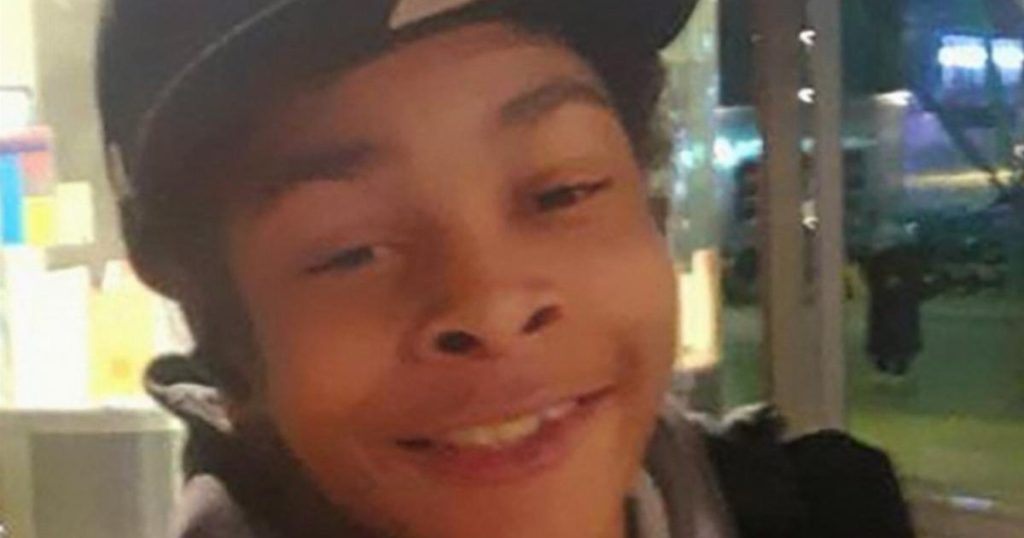The Tragic Loss of Kelyan Bokassa: A Young Life Cut Short by Senseless Violence
On January 7th, a seemingly ordinary day took a devastating turn when 14-year-old Kelyan Bokassa, brimming with youthful aspirations, boarded the 472 bus in Woolwich, London, on his way home from school. This routine journey would be his last, as he became the victim of a brutal attack that shocked the community and left his family reeling in unimaginable grief. Kelyan, an aspiring rapper who dreamed of becoming a chef inspired by Jamie Oliver, was stabbed approximately 27 times, his life tragically extinguished by a severed femoral artery. The senseless violence of this act has brought the pervasive issue of youth violence and gang influence in London into sharp focus.
The immediate aftermath of the attack saw a swift response from law enforcement. A 16-year-old boy was arrested and charged with Kelyan’s murder. He appeared in court and was remanded in custody at a youth detention centre, awaiting his next appearance at the Old Bailey. A second 15-year-old boy was also subsequently charged with Kelyan’s murder and appeared in the same court. Additionally, a 44-year-old woman was arrested on suspicion of assisting an offender but was later released under investigation. The investigation continues as authorities seek to piece together the events that led to this horrific incident and ensure that justice is served for Kelyan and his family.
Kelyan’s mother, Mary, shared her heartbreak and memories of her son with Metro, describing him as a "very kind and caring" boy who was full of life and potential. She spoke of his love for football, his support for Arsenal, and his culinary aspirations. Tragically, she also expressed her fears for his safety navigating the streets of London, where she believed he and others were targeted and groomed by gangs. She emphasized the sense of vulnerability and fear that Kelyan experienced, suggesting that he was often on edge and afraid to go out. This chilling account underscores the insidious nature of gang activity and the devastating impact it has on young lives and families.
Mary’s words paint a picture of a young boy robbed of his future, a victim of the insidious influence of gangs that prey on vulnerable youth. Kelyan’s first day back at school, a day that should have been filled with promise and excitement, became the backdrop for an unspeakable tragedy. His new uniform, a symbol of his aspirations and potential, became a stark reminder of the life he would never live. His love for football, his passion for cooking, and his dream of becoming a rapper were all cruelly snatched away. The grief and devastation experienced by Kelyan’s family is unimaginable, their lives forever altered by this senseless act of violence.
The case of Kelyan Bokassa sheds light on the disturbing reality of youth violence in London. While the investigation is ongoing, the circumstances surrounding his death raise serious questions about the prevalence of gang activity and the ease with which young people can become ensnared in its web. The fact that Kelyan was attacked on a public bus in broad daylight underscores the brazen nature of this violence and the sense of impunity that some young people seem to possess. It is a stark reminder of the challenges facing communities grappling with youth crime and the urgent need for effective strategies to address this complex issue.
Kelyan’s story is not an isolated incident; it represents a larger problem that demands immediate attention. It is a call to action for society to confront the root causes of youth violence, including poverty, lack of opportunity, and the allure of gang culture. It is a plea for greater investment in community programs, educational initiatives, and mental health support that can help young people navigate the challenges they face and make positive choices. Ultimately, it is a reminder that every life lost to violence is a tragedy, and that we must work together to create a safer and more just society for all.











